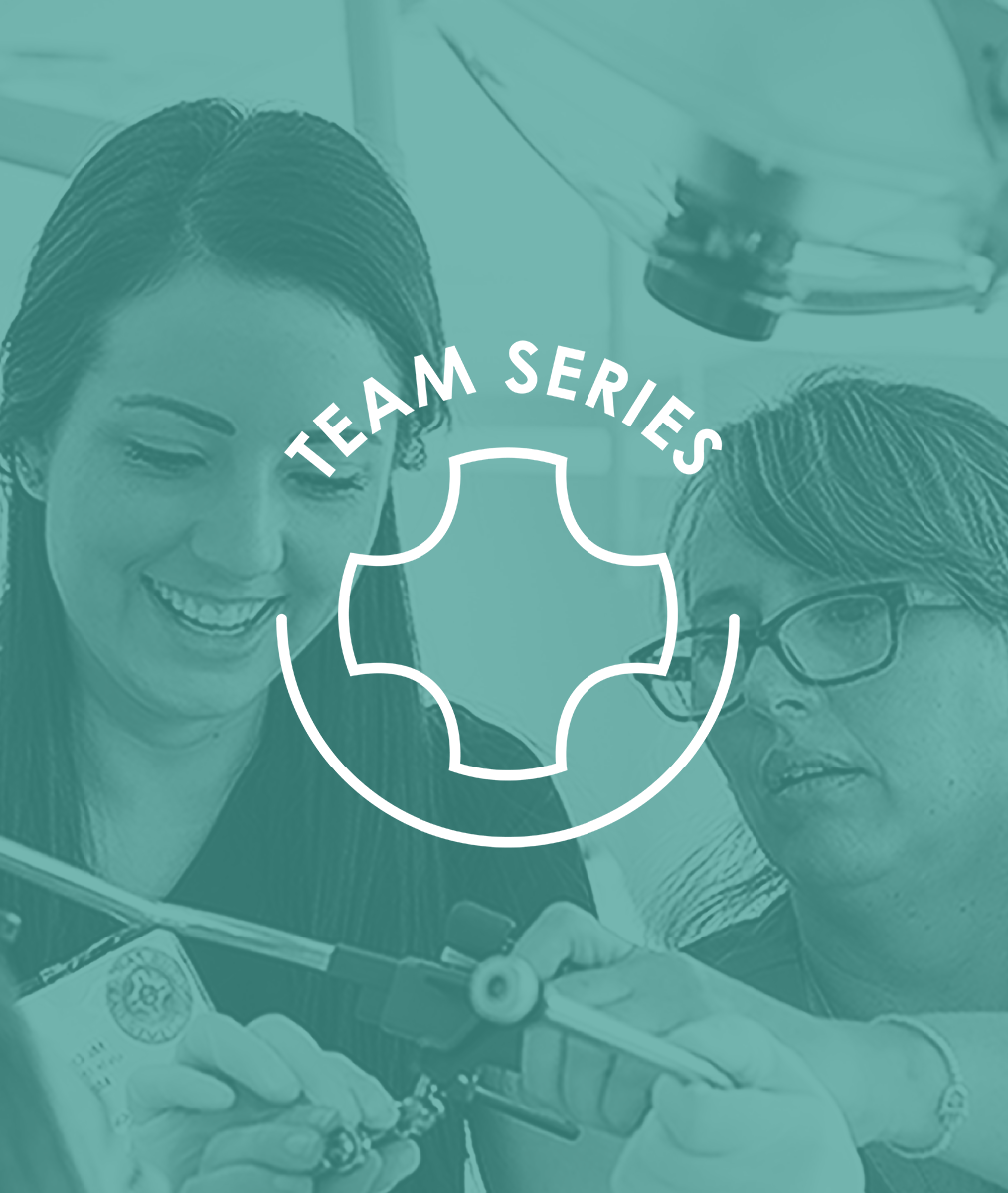
Create an Organizational Culture that Is the Antithesis of Learned Helplessness
By Pina Johnson, Professional Certified Coach, and Edwin (Mac) McDonald, DDS
B.F. Skinner, a noted 20th century behavioral psychologist, conducted an intriguing and provocative experiment using laboratory mice. Using behavioral conditioning he was able to condition one group of mice to believe that through their actions they were able to determine their fate. Using the same methodology, he also succeeded in conditioning another group of mice to believe that there was nothing they could do to alter their fate.
He then placed the first group of mice, the ones that believed their actions mattered, into a large tub filled with water. As anticipated, this group of mice, when placed in a life-threatening situation, acted instinctively and began to swim to the side of the large water-filled tub. Upon reaching the edge of the tub the mice were able to crawl out to safety.
The second group of mice, the ones that believed that their actions were meaningless, when placed in the tub of water, simply sank to the bottom and drowned. Appropriately, the lack of responsiveness displayed by the second group of mice was termed “learned helplessness.”
Culture Lifts or Sinks Ambition
Belief that our actions and choices matter is essential to “making things happen.”
According to Edgar Schein, an icon of modern leadership thought, the primary function of leadership is to create an organizational culture. The culture that we choose to create will influence every aspect of our organization and ultimately determine our dental practice’s success or failure.
Value-based leaders understand the power to alter the course of the organization does not reside with a few; it is shared by many. Organizations with cultures based on shared beliefs and purpose are higher performing. Leaders of the highest performing organizations foster cultures rich in collaborative decision making and a profound belief that everyone has influence.
Counter Learned Helplessness by Empowering Self-Confidence
We have come to recognize that good-old “self-confidence” is a learned competency, and effective leaders create organizational cultures that promote and teach self-confidence to each individual team member. This is accomplished by empowering teams through collaborative decision making and ensuring each team member has been given the knowledge, skill, support, resources, and appropriate authority to accomplish each task required to meet the shared goal.
Unleash Teamwork and Creativity
In organizations with shared leadership cultures, human self-confidence is unleashed beyond saving oneself to act in the best interest of the organization. Knowing that our individual actions will have some effect on our organization’s future (and thus on our own future and the future of others we value) compels us to want to take actions that have positive benefit for everyone. This is “meaningful” for the individuals within the organization. This raises their engagement in the work and simultaneously generates a sense of wellbeing.
In our dental practices, “We are serving others with empathy and care to ultimately improve their wellbeing.” This is a form of love. It begets appreciation and reciprocity. When the slings and arrows of daily life initiate negative thoughts of being out of control of a situation, remembering our purpose and prior successes enables us to see disappointments and frustrations as opportunities to create a new type of approach and carry on.
The goal for effective leaders is to allow all of this to happen in a psychologically safe environment in which our staff need not fear repercussions for their well-intended actions even if the outcome of these actions is less than ideal. By creating organizational cultures that are psychologically safe, we draw out our organizational creativity which is often stifled by the psychological repression found in command-and-control cultures.
Creative thinking is considered to be one our highest-level cognitive functions and has been found to be a distinguishing characteristic of exceptional organizations. The wise leader understands that their organization is best served through shared power, collaboration, and utilization of their organization’s collective creativity.
Related Course
The Pankey Assistant’s Experience
DATE: June 12 2025 @ 12:00 pm - June 14 2025 @ 7:00 pmLocation: The Pankey Institute
CE HOURS: 17
Regular Tuition: $ 2050
Single Occupancy Room with Ensuite Bath (Per Night): $ 345
This “can’t miss” course will empower Dental Assistants to bring their skills to excellence! During this dynamic hands-on course, led by Pankey clinical team member, Sandra Caicedo, participants will learn…
Learn More>






